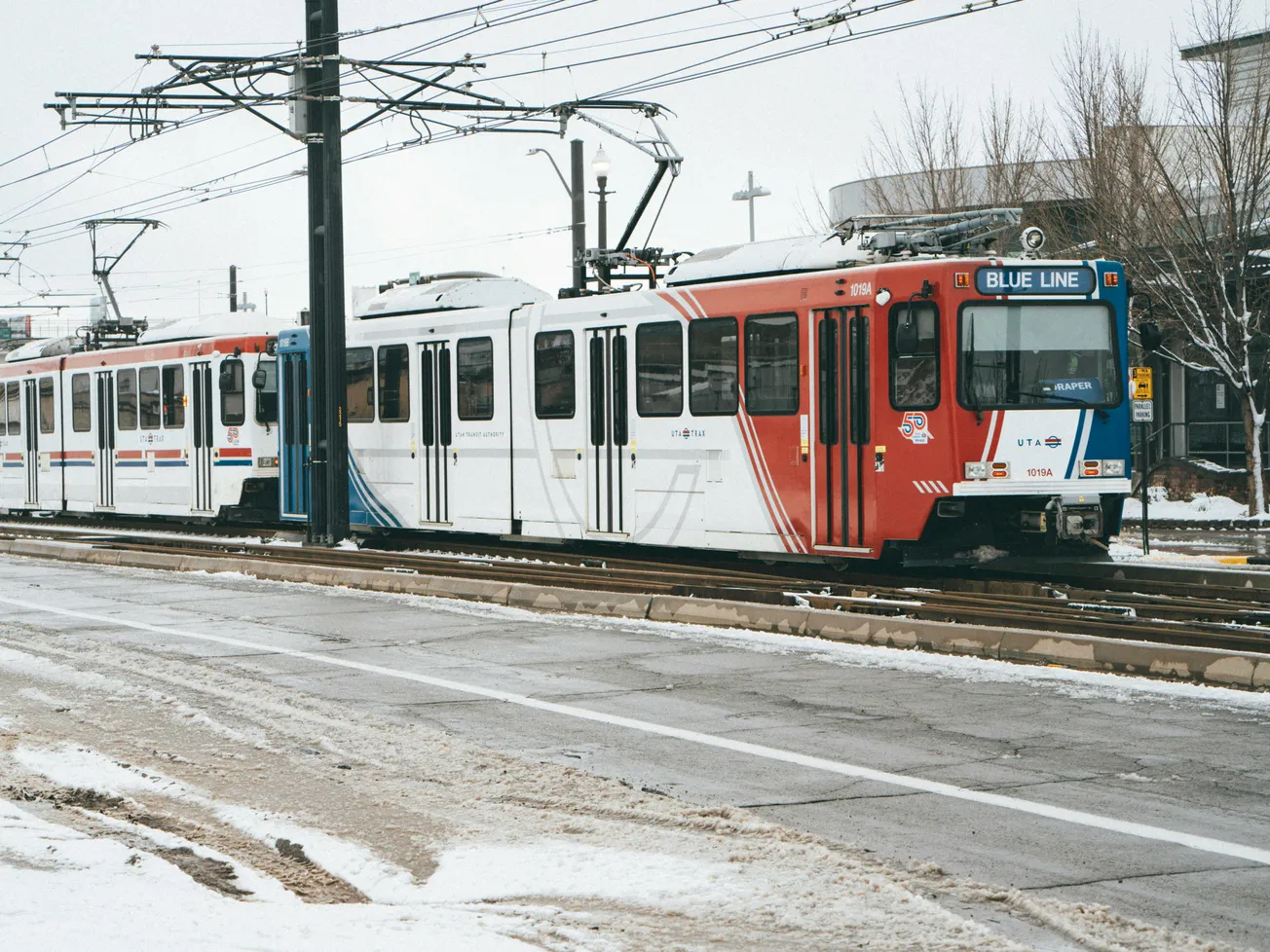Retail growth isn't just about being in the right place at the right time; it involves building solid connections with customers and understanding the evolving landscape of consumer behavior.
In today's competitive markets, particularly in urban hubs like Washington, DC, and Baltimore, retailers must adapt and innovate to thrive.
The Significance of the 7 P's of Retail
Successful retailers rely on the fundamentals, often encapsulated in the 7 P's, which guide their approach to growth:
- Product: Tailor assortments to meet consumer desires.
- Price: Set prices that are both competitive and profitable.
- Place: Consider the effectiveness of your selling locations.
- Promotion: Generate awareness through effective marketing.
- People: Ensure your team provides consistent service.
- Process: Streamline both customer-facing and back-office operations.
- Physical Evidence: Cultivate a trustworthy shopping environment.
Enhancing Sales Through Smart Strategies
To drive sales, retailers need actionable strategies that resonate with customers. Below are methods to improve daily sales performance:
- Regularly refresh merchandising displays to keep the shopping experience exciting.
- Utilize time-sensitive promotions to create urgency.
- Implement loyalty programs to incentivize repeat visits.
- Train staff to effectively upsell and cross-sell products.
Building a Strong Retail Brand Identity
A strong brand identity is vital for retailers, particularly in crowded urban environments. Effective branding influences:
- Store layout and design.
- Packaging aesthetics.
- Signage clarity.
- Online presence and reputation.
Customers are likely to return to a store that they perceive as trustworthy and well-branded.
Utilizing Omnichannel Strategies
To grow, retailers must embrace omnichannel integration, allowing customers to connect with them on multiple platforms:
- Offer buy-online, pick-up in-store (BOPIS) services.
- Provide options for same-day local delivery.
- Ensure inventory is synced across all sales channels.
- Develop mobile-friendly shopping interfaces.
Optimizing Operations for Scalability
Strong operational frameworks are crucial for businesses that plan to scale. Retailers should:
- Standardize store operations to ensure efficiency.
- Adopt modern point-of-sale systems for better data management.
- Analyze daily sales performance to identify trends.
- Build solid relationships with vendors for reliable stock access.
Leveraging Data for Smart Decision-Making
Data is one of the most powerful tools available to retailers. By analyzing customer behavior and inventory performance, businesses can more accurately forecast needs and reduce waste. Implement systems that include:
- Point-of-sale analytics for immediate feedback.
- Customer feedback mechanisms for tailored services.
- Demand forecasting to ensure adequate stock levels.
Financial Planning for Sustainable Growth
Disciplined financial strategies are the backbone of a thriving retail operation. Retailers should focus on:
- Creating detailed budgets to guide spending.
- Establishing clear funding pathways for expansion.
- Monitoring profits and cash flow rigorously.
Conclusion
In conclusion, sustainable growth in the retail space hinges on a combination of strong branding, innovative marketing, and operational efficiency.
By understanding both the fundamentals and the nuances of consumer behavior, retailers can craft strategies that foster long-term relationships and boost profitability.









